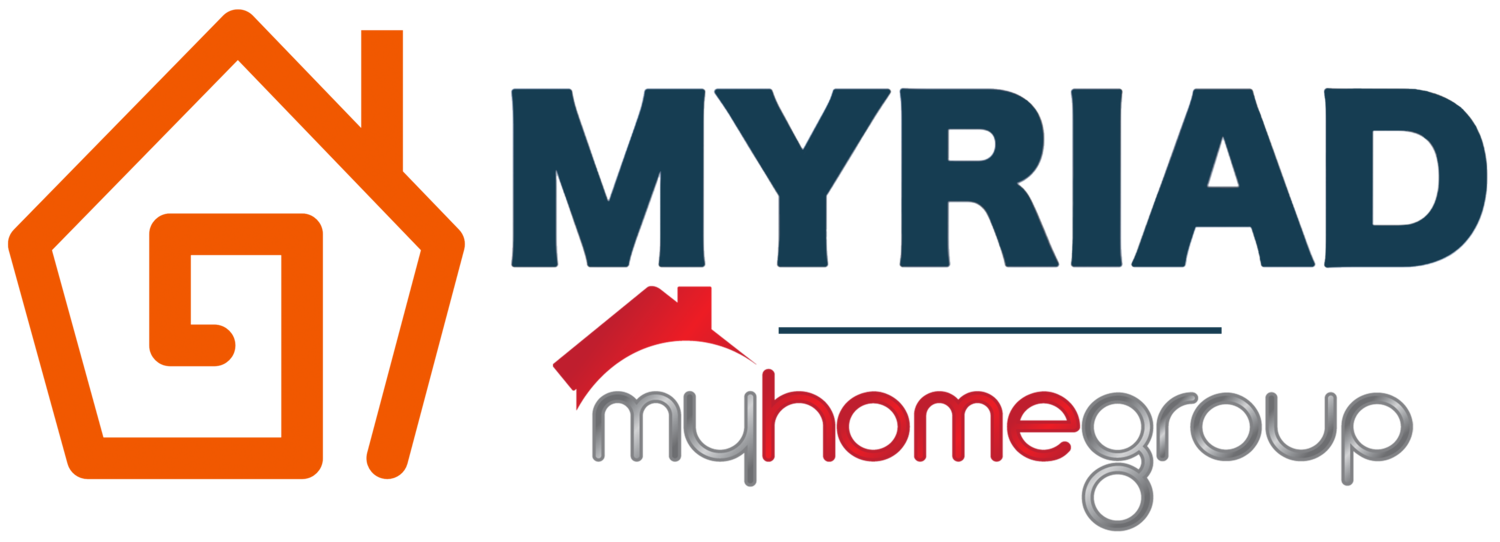What Is Loan Modification & Loss Mitigation? Why Might It Be Helpful To You?
Loan Modification
Purpose - To help people in financial distress keep their home by lowering or adjusting mortgage terms, mortgage length, and/or monthly payments.
Recent Responses to Covid-19 by Financial Institutions
Easing loan modification rules and regulations - The FDIC is encouraging lenders to work with borrowers affected by Covid-19. Loan modifications due to Covid-19 aren't going to automatically be labeled as "troubled debt restructurings," (TDRs). This applies to residential mortgages that are in current good standing. By not labeling these modifications as TDRs, it incentivizes banks to work with people more since a lot of times TDRs have to be labeled as substandard and are subject to more compliance requirements (banks don't like more work!). These loans won't be labeled as past-due which helps bank balance sheets AND borrowers. Everything is very specific to each lender and borrower's financial situation and lender's still have to make full disclosures to the borrower before modifying loans.
Forbearance - The federal government is allowing any loan backed by Fannie Mae or Freddie Mac to lower or suspend payments for up to 12 months (forbearance). No late fees or bad credit remarks. Everything is based on a case-by-case basis. After the forbearance period you can still work with the lender on loan modifications if needed. Other non-government backed lenders (private lenders) are expected to offer something similar. Must speak with the lender BEFORE stopping payments and be careful asking for forbearance from private lenders. They used to include big lump payments for the entire deferred amount when the time period was over. Here how to find out if your loan qualifies:
Fannie Mae - https://www.knowyouroptions.com/loanlookup
Freddie Mac - https://ww3.freddiemac.com/loanlookup/
Different loan types - U.S. Bank is temporarily lowering costs for consumers for personal loans, and Fifth Third is offering payment forbearance for their mortgage and home equity loan customers. Bank of America is waiving payments on mortgages and home equity products on request, and Wells Fargo is offering fee waivers, payment deferrals and other assistance for auto, mortgage, credit card and personal lending customers who reach out and inquire. Chase is doing something similar to Wells Fargo.
Other loan modification notes (not necessarily virus-related)
VA Loans - They offer counseling and programs for VA loan holders AND any veteran or spouse, even if they don't have a VA loan.
Flex Modification - Fannie Mae already offered this program and it's still around. It replaced an old program (HAMP) that was started in response to the 2008 housing crisis. Again, must have one of their loans.
Traditionally a loan modification can hurt your credit score and you'll be paying the loan longer, and maybe pay more interest in the long term.
Loss Mitigation
It's a HUD program that basically can force FHA borrowers into some sort of program or option to avoid foreclosure. They have to be in default for at least 90 days and it must be the primary residence. Loss mitigation is also a broad term for any option to help those who are behind in their mortgage catch up.
Loss mitigation is anything that just makes it easier for a person to get out of a mortgage they can't afford anymore (or keep their home) and for lenders to minimize their loss from fees, maintaining homes, selling them and paying closing costs, etc.
Types
Loan modifications! (see above)
Short sales - this happens when someone owes more than the actual market value of their home; the lender will let them sell the home at market value and writes off the principal they're not getting back. Takes a long time, banks have to approve everything.
Short refinances - the lender will reduce the principal owed and let the borrower refinance.
Deed-in-lieu of foreclosure - the homeowner gives the home back to the bank.
Cash for keys - the lender pays the homeowner to get out vs. evicting them (very costly and takes a lot of time)
Forbearance (see above)




